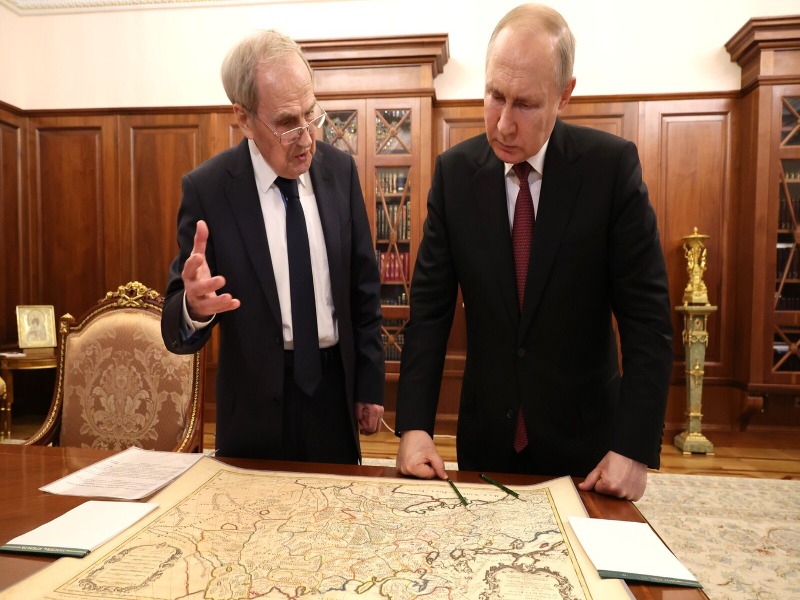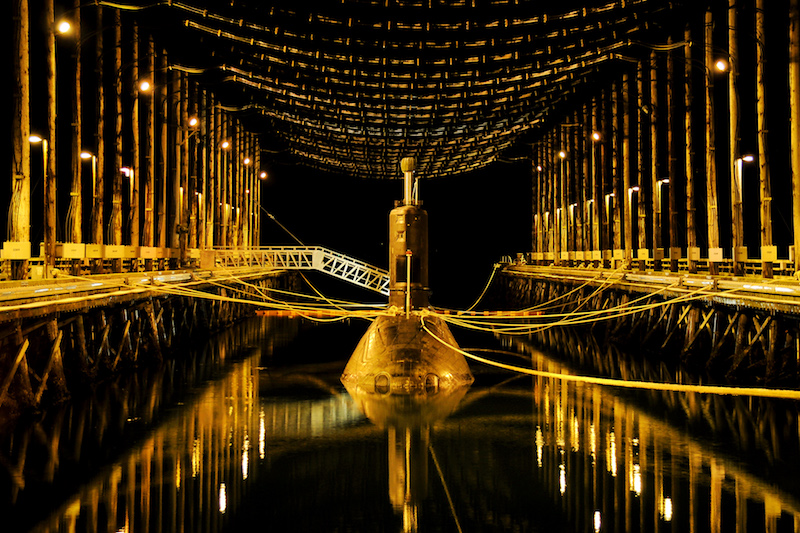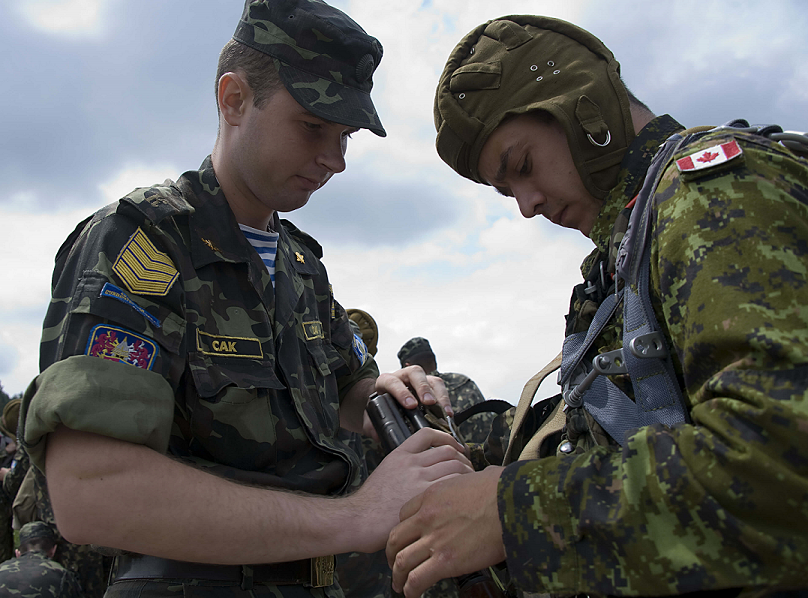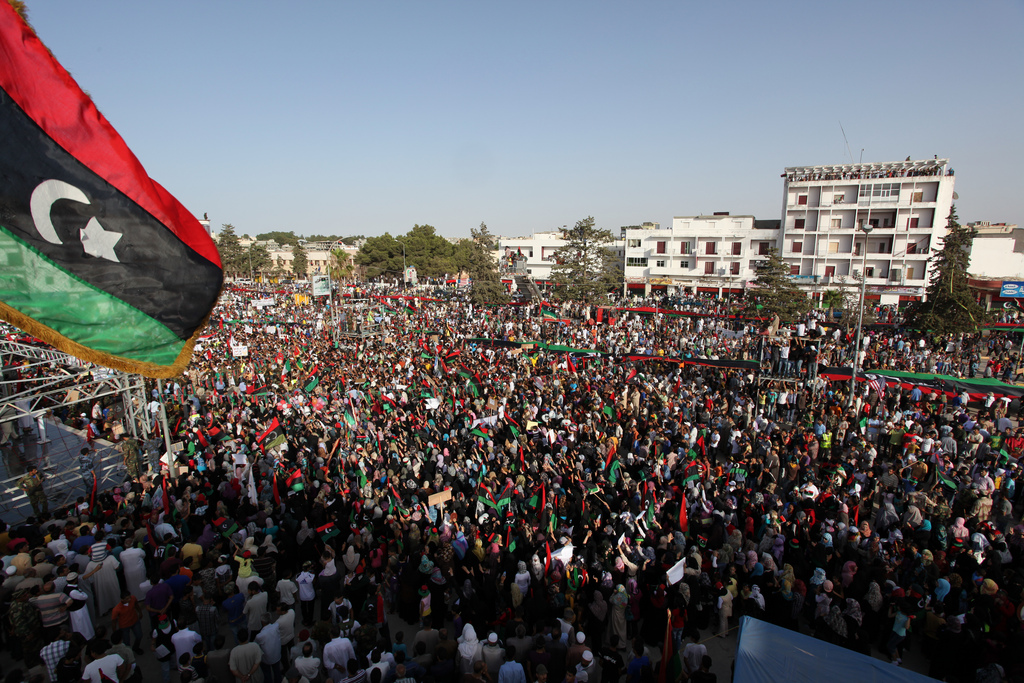The United States and the broader Western world are at a crucial junction in their relationships with Russia. By presenting European and Canadian leaders with a fait accompli through his bilateral negotiations with Vladimir Putin to end the Russo-Ukrainian War, Donald Trump has given the Western world a choice to follow his approach and pursue a rapprochement with Russia. Trump’s reticence to blame Putin for starting the war and advocating for Russia’s re-entry into the G7 suggest that he is amenable to Western re-engagement with Russia. Although European and Canadian leaders are pushing back on his approaches, Trump’s option for a civilizational-level ‘reset’ with Russia remains tantalizing to some like-minded analysts and commentators across the West. Unfortunately for Trump or those so inclined to support his actions, given the nature of Russia’s foreign policy developed and practiced over centuries, no matter the temporary thaw brought about by Trump’s engagement with Putin, there is unlikely to be a lasting sea-change in Western relations with Russia.
As leaders like Vladimir Putin come of age, enter the political realm, and operate within their countries’ unique institutions, they are more than individuals. They are products of their distinct national communities, and their priorities in foreign affairs are shaped by their understanding of history. In his 2014 book World Order, former US Secretary of State Henry Kissinger wrote that “Tradition matters because it is not given to societies to proceed through history as if they had no past and as if every course of action were available to them. They may deviate from the previous trajectory only within a finite margin.” The foreign policy choices available to all leaders are constrained by the actions and perspectives of their predecessors. This is especially true for Putin, who is well-versed in his country’s history and draws strength and guidance from his perspectives on the past. Kissinger argued that it was possible for far-sighted leaders to expand their ideological confines, noting “great statesmen act at the outer limit” of what their country’s strategic culture and history will allow. Putin is no such great statesman. His foreign policy choices since assuming the Russian presidency in 2000 are consistent with Russia’s centuries-old conduct of foreign affairs.
Russian leaders have always been paranoid about external threats to a degree unmatched by most of their contemporaries. This is rooted in the country’s origins. The Principality of Muscovy, the medieval predecessor to the Tsardom of Russia and the later the Russian Empire, was born through armed struggle after Ivan III cast off two centuries of subjugation by the remnants of Genghis Khan’s Mongol Empire. Ivan III’s grandson, Ivan IV (the ‘Terrible’) was proclaimed the first Tsar of Russia in 1547, and from that year to 1721—when Peter the Great founded the Russian Empire—the Tsardom of Russia was engaged in a near-constant series of wars with its western neighbours, fueled by its own security concerns regarding the Polish-Lithuanian Commonwealth and Russian elites’ desire for glory and legitimacy through territorial expansion. These trends continued under Peter the Great and his imperial successors, who fought the Swedish Empire to the north, the Ottoman Empire to the south, and the Germans, Austrians, and French, whose armies posed threats from the west. In 1812, Napoleon invaded Russia, marching his Grande Armée into Moscow itself. Russia was humiliated in 1854-1855 when a Franco-British army occupied parts of Crimea and present-day southern Ukraine in support of the Ottoman Empire, and technological, economic, and military inferiority compounded to stoke deep insecurity within nineteenth and early twentieth century Russian leadership. This insecurity was exacerbated by Russia’s defeat in the 1904-1905 Russo-Japanese War, and twelve years later the Russian Empire collapsed under the combined weight of Austro-German invasion in the First World War and internal unrest. The February 1917 Russian Revolution created the conditions for Vladimir Lenin’s Bolshevik-Communist movement to seek total power in October and establish the multinational Soviet Union after four years of civil war, during which Britain, France, the United States, and even Canada briefly occupied Russian territory. Although cloaked in communist rhetoric, Soviet grand strategy was dominated by the Russian centre and differed little from its imperial predecessor. Vladimir Lenin and Joseph Stalin adopted policies and approaches informed by centuries-old Russian fears of invasion. These fears came to pass when Nazi Germany invaded during the Second World War, and Soviet sacrifices in that conflict, styled the Great Patriotic War in Russian historiography, remain front and centre in Russian minds today. After the German defeat, the US and NATO embodied the Western threat, and this did not fundamentally change after 1991. Although Putin concealed his intentions from 2000-2008, it is clear today that he had no doubts about who he was and wanted to be: a Tsar by a different title, embittered and afraid of the outside world—an adherent to centuries-old Russian foreign policy traditions.
We must be wary of initiatives that implicitly and explicitly advocate for Western rapprochement with Russia. The fundamental antagonism between the West and Russia stems from Russia’s strategic culture, informed by its long history of insecurity and struggle against internal and external enemies, real and imagined. Russians were paranoid about external threats long before the West as a community of nations ever existed, and they will continue to be once this particular historical moment has passed. An enduring rapprochement between Russia and the West will require a Russian statesman who truly can act on the “outer limit” of historical Russian practice for a sustained period. As things stand today, that is an extremely unlikely proposition for any Western leader to bet on.
Photo: Vladimir Putin Meeting with the Chairman of the Constitutional Court Valery Zorkin (2023) via Wikimedia Commons. Licensed under C.C By 4.0.
Disclaimer: Any views or opinions expressed in articles are solely those of the authors and do not necessarily represent the views of the NATO Association of Canada.




